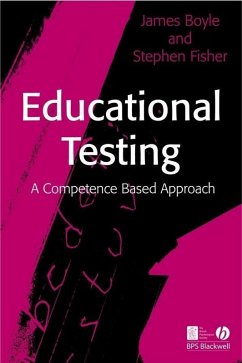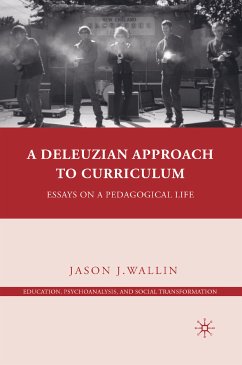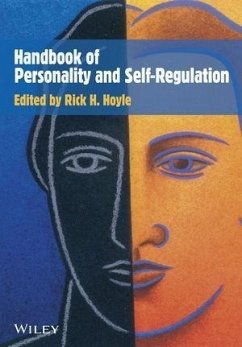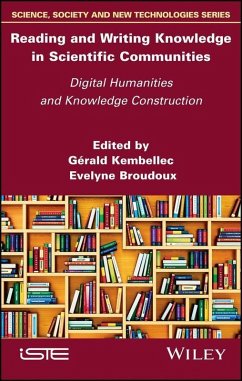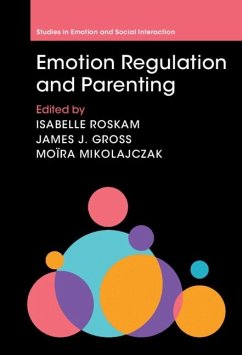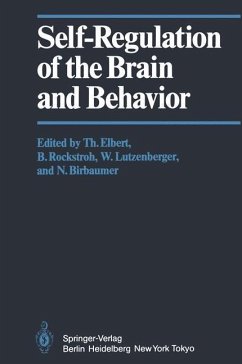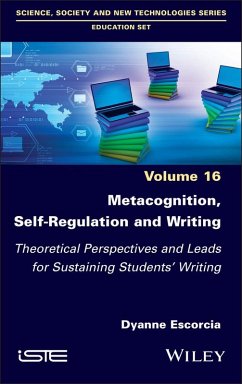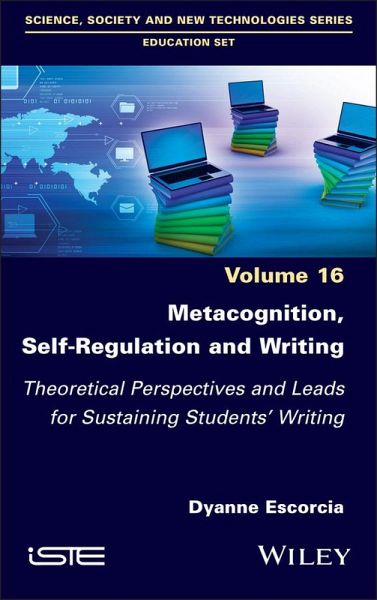
Metacognition, Self-Regulation and Writing (eBook, PDF)
Theoretical Perspectives and Leads for Sustaining Students' Writing
Versandkostenfrei!
Sofort per Download lieferbar
142,99 €
inkl. MwSt.
Weitere Ausgaben:

PAYBACK Punkte
0 °P sammeln!
Students' difficulties in producing texts that meet the requirements of academic writing are a recurring concern for teaching staff and those responsible for university courses. Various initiatives are currently being taken, mainly at undergraduate level, to help students improve the quality of their writing. Research into metacognitive processes and the self-regulation of learning can be used to support the design of these writing support systems, particularly by providing a better understanding of the students' difficulties. This book reviews the concepts of metacognition and self-regulation...
Students' difficulties in producing texts that meet the requirements of academic writing are a recurring concern for teaching staff and those responsible for university courses. Various initiatives are currently being taken, mainly at undergraduate level, to help students improve the quality of their writing. Research into metacognitive processes and the self-regulation of learning can be used to support the design of these writing support systems, particularly by providing a better understanding of the students' difficulties. This book reviews the concepts of metacognition and self-regulation in relation to writing processes. It analyses the metacognitive components involved in text production, their links with successful writing and their individual and contextual determinants. It completes this analysis by drawing on the teaching and assessment of writing in higher education. All of these elements are articulated around a multifactorial modeling of the learning and teaching of academic writing.
Dieser Download kann aus rechtlichen Gründen nur mit Rechnungsadresse in A, B, BG, CY, CZ, D, DK, EW, E, FIN, F, GR, HR, H, IRL, I, LT, L, LR, M, NL, PL, P, R, S, SLO, SK ausgeliefert werden.





